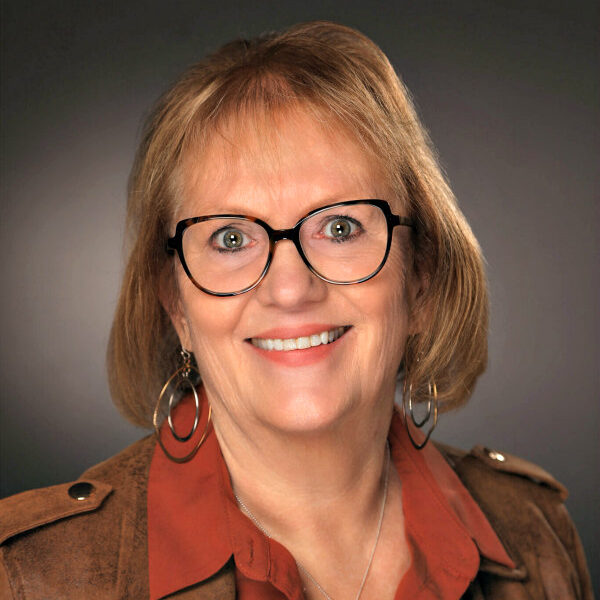Sandwich Generation – How to Deal with It

A good friend of mine, whom I will call Susan, has found herself suddenly in the throes of being part of the Sandwich Generation. The Sandwich Generation includes those people who are sandwiched between aging parents who need assistance and their own children and grandchildren.
Susan really had no warning that she was becoming a member of this generation, but circumstances led her there. Susan’s son, his wife, and two children moved back home while they transitioned to a new job and waited to sell their house. What was supposed to be a few months extended into a year. Then her father died at the end of last year. She had spent the previous months being there, caring for her father and supporting her mother before and during his death. And even though Susan has struggled with tremendous grief over the loss of her father, life experiences have continued to call for Susan’s focus and energy. While her father was dying, she was helping her oldest daughter plan her wedding, which occurred a few months after her father’s death. And just when life might be settling into a more manageable routine, her in-law parents sounded their voices of needing some help and care. Susan’s father-in-law is transitioning his wife to a nursing home. Susan and her husband will become the medical and financial power of attorney, so they are very involved with the details and the planning for where they will place Susan’s mother-in-law. Meanwhile, Susan’s youngest daughter needed some help with temporary housing. She needed to make an additional move while she awaited her apartment, which wasn’t available until after college classes start in August. This daughter was located in another city.
Susan’s newlywed daughter just bought a house and will be moving soon. And now Susan’s mother has decided she wants to move out of the family home and into a condo. Her mother lives 50 miles away. Susan has four young grandchildren under the age of five years old with whom she is very involved and helps out with when she can. Beside all of this, Susan has a life of her own. Susan works full-time and does enjoy having some fun time with her husband when there is a moment. I have to wonder how she continually adds to her already full late and still finds time for herself or maybe this is what goes by the wayside.
And Susan’s story isn’t that unusual. More than 25% of American families are involved with some elder/parent care. The demographic development that brings about the Sandwich Generation is really relatively new. People in their fifties and sixties weren’t part of a Sandwich Generation until recently. However, because our lifespan is increasing, many people who are retiring or near-retirement are facing these new challenges. This can often happen before one is prepared with the legal, financial, and emotional issues that come from caring for our parents. At the same time, many of these same people are like Susan and have children who are still in college or returning home between jobs while trying to get on their feet.
Studies show that at the beginning of the 20th century, only 4-7% of people in their sixties had at least one parent still living. However, today it is 50%. And while people are moving into retirement age, the percentage of grown children who are moving home to live with their parents has grown from 25% to 52% by 2000. (O’Brien, 2009) This puts Susan and others like her into the Sandwich Generation of caring for their aging parents and adult children.
Entering this foreign area of caretaking your parents can be a bit overwhelming because there are not any rules for handling situations that arise in this new phase of life. Carol Abaya is a journalist who went through the situation of caring for her elderly parents. Since that time, she has published a magazine called The Sandwich Generation: You and Your Again Parents and written advice columns for the Globe Syndicate. She has some practical and philosophical advice on parent care. She states that our focus is to empower our parents just as we did for our own children. We want to help them retain their independence. Of course, this will alleviate Susan, and others in her situation, from taking on more than they have to take on and it will allow parents to maintain their dignity and independence as long as possible. So you should enter your parents’ lives gently and not take everything over just because you are getting involved. (James, 1999)
Abaya’s next advice is that everything that is done is done with the parents present, not done for them. Decisions and tasks should be done together if you have to be involved in helping your elderly parents. Abaya’s advice also includes getting help when you need it. She states that using help from others when a parent becomes frail or sick is essential and will help protect the “I” in you. You don’t have to do everything, nor should you try to do everything. And Abaya recommends women maintain their jobs because quitting your job to care for your elderly parent puts you at financial risk. Use the family leave act if you have to take time off in a crisis but still retain your job. (James, 1999)
In order to protect your parents’ assets, make sure a durable power of attorney is in place. Your parents should choose someone trustworthy to handle their finances in the event they become unable to do it. Your parents also need a living will, which is a health care directive that designates who will make medical decisions for them if and when they cannot do it themselves. This document should be given to both the person who will represent you and the doctors. A testamentary will is also necessary. This document directs where assets will go upon your death. Abaya does not recommend a joint bank account except for spousal accounts because she feels that it puts the elder’s money at risk. And lastly, Abaya recommends maintaining a sense of humor. (James, 1999) Perhaps our next article should be on how to take care of yourself while in the midst of being a caregiver.
(Article Re-ppublished from our September/October 2009 edition )
James, G. (1999). A Survival Course for the Sandwich Generation. The New York Times.
O’Brien, S. (2009, July). Senior Living. Retrieved July 27, 2009, www.About.com.
Tags: Caregiving, respecting the elderly as you caretake, sandwich generationABOUT THE AUTHOR

Janie Pfeifer Watson
Licensed Independent Clinical Social Worker
Licensed Independent Mental Health Practitioner- Janie Pfeifer Watson, LICSW, is the founder and director of Wholeness Healing Center, a mental health practice in Grand Island, Nebraska with remote sites in Broken Bow and Kearney. Her expertise encompasses a broad range of areas, including depression, anxiety, attachment and bonding, coaching, couples work, mindfulness, trauma, and grief. She views therapy as an opportunity to learn more about yourself as you step more into being your authentic self. From her perspective this is part of the spiritual journey; on this journey, she serves as a mirror for her clients as they get to know themselves—and, ultimately, to love themselves.
LATEST ARTICLES BY Janie Pfeifer Watson
- Gentle and Grounded – A Mindful Reset for 2026
- Glimmers of Light – Nurturing Joy During the Holidays
- Live Stronger: Strength, Balance, and Social Connection after 50 Stay strong. Stay Connected. Stay independent.
- Healing is a Lifelong Journey, and It Doesn’t Happen in a Straight Line
- Habits to Develop to Age Well
Subscribe today
Sign up to receive the latest mental health tips and inspiration